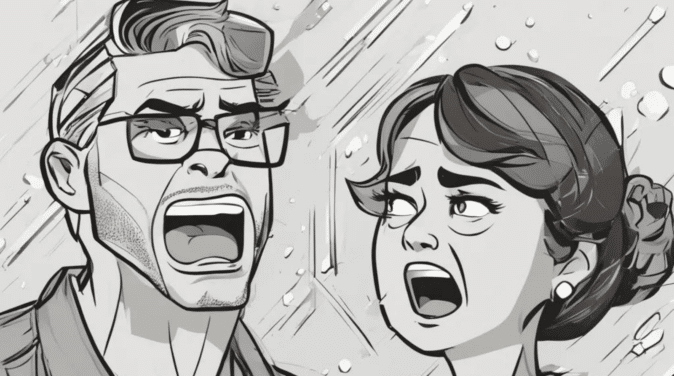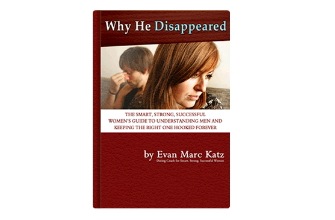Adversity Breeds Compassion…And Contempt

- Relationship Studies, Relationships
Fascinating article from the New York Times. It’s not about dating, per se, but it’s about how people act, which is easily applicable to relationships.
According to David DeSteno, writing in “Emotion”:
“Our intuition was that surviving hardships in life would lead people to become more generous, kind and supportive. After all, if you’ve lived through dire straits, you’re all too familiar with the pain and challenges involved. You can more readily adopt the perspective of someone in distress – you can feel his pain – and thus are more likely to lend a hand.”
That makes sense to me. I had anxiety and depression issues in my 20’s. Now that I’m on the other side of it, I’m extremely sensitive to mental illness and the stigmas around it. I wouldn’t wish anxiety and depression on my worst enemy. And, sure enough, that’s what the studies showed.
“Those who had faced increasingly severe adversities in life – loss of a loved one at an early age, threats of violence or the consequences of a natural disaster – were more likely to empathize with others in distress, and, as a result, feel more compassion for them. And of utmost importance, the more compassion they felt, the more money they donated (in the first study) or the more time they devoted to helping the other complete his work (in the second).”
But if that’s all that the study showed, I wouldn’t be sharing it with you today. What makes the above finding even more interesting is this contradictory information:
I wouldn’t wish anxiety and depression on my worst enemy.
“In an article recently published in the Journal of Personality and Social Psychology, the Kellogg School of Management professor Loran Nordgren and colleagues found that the human mind has a bit of a perverse glitch when it comes to remembering its own past hardships: It regularly makes them appear to be less distressing than they actually were.
As a result of this glitch, reflecting on your own past experience with a specific misfortune will very likely cause you to underappreciate just how trying that exact challenge can be for someone else (or was, in fact, for you at the time). You overcame it, you think; so should he. The result? You lack compassion.”
Strangely, this makes sense, too. You see a lot of good hearted people telling poor people and minorities that they pulled themselves up by their bootstraps, and so should they. Never mind that the circumstances may be completely different for underprivileged Hispanics in East LA; the presumption is that if my Russian ancestors who came thru Ellis Island persevered and assimilated, so should Mexicans.
DeSteno summarizes: “Living through hardship doesn’t either warm hearts or harden them; it does both. Having known suffering in life usually heightens the compassion we feel for others, except when the suffering involves specific painful events that we know all too well. Here, familiarity really does breed contempt.”
Your thoughts, below, are greatly appreciated.










Comments